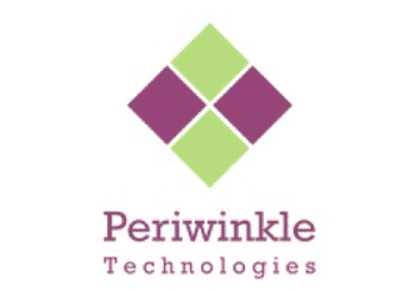India is the third-largest consumer of energy in the world and will account for 25% of the growth in global energy demand from 2019 to 2040. Propelled by rapid urbanisation and industrialization, energy consumption in India has experienced a twofold increase since 2000 and projections indicate a 5% annual growth until 2040. However, regional disparities in energy consumption persist, with variations across states and among rural and urban areas. The reliance of the economy on the energy sector, coupled with escalating demand, has positioned the energy landscape as a critical focus area for India’s net zero ambitions.
India’s energy consumption can be categorised into five key areas, each playing a pivotal role in shaping overall usage: power generation, industrial production & processes, transportation, building usage and agriculture usage. Even though power generation and industrial usage constitute the bulk of energy consumption, transport related energy demand has grown 3.5 times and demand in buildings has grown by 40% since 2000. Although agriculture is relatively the smallest consumer of energy, electricity consumed in agriculture can go up to 50% of total consumption in some states.
But while India’s increasing energy imports to meet this surge in demand have spurred a concerted effort towards the expansion of renewable energy sources, we are facing formidable challenges:
High Transmission and Distribution (T&D) Losses: The prevalence of significant T&D losses hampers the ability of distribution companies (DisComs) to make bold and decisive investments in renewables. Addressing these losses is crucial to creating an environment conducive to renewable energy adoption.
Low Energy Storage Capacity: The growth of renewable energy has outpaced advancements in energy storage technology. The lack of commensurate progress in storage capabilities poses a bottleneck to the seamless integration of renewables into the energy grid. A focused approach is needed to accelerate the development of efficient energy storage solutions.
Recycling and Reuse Applications: While renewable energy sources have proliferated, there is a concurrent need to enhance efforts in recycling and reusing associated components. A holistic approach to sustainable practices should encompass not only energy production but also the management of materials involved in the renewable energy lifecycle.
What We’re Looking For
ACT For Environment will now also be looking at energy transition as a key area of investment focus and we’re looking to prioritise 3 pivotal spheres to help catalyse an outsized climate impact at scale:
Waste to energy / alternative fuels; given intermittency and wastage issues with renewables
Battery recycling & new battery chemistries; given that the current market dominated by lithium ion batteries which which have large environment & human costs
Distributed renewable energy (DRE); given the need to enable access to energy and livelihoods for rural India
Energy efficiency solutions for businesses; given that industrial energy consumption is the highest
We’ll also be looking to strengthen these innovations through a collaborative approach, by uniting the private sector, public institutions, and specialised research and policy partners in a collective effort to drive lasting impact.
If you’re a social entrepreneur working on an innovative energy solution in any of the above areas, submit your grant application here!


